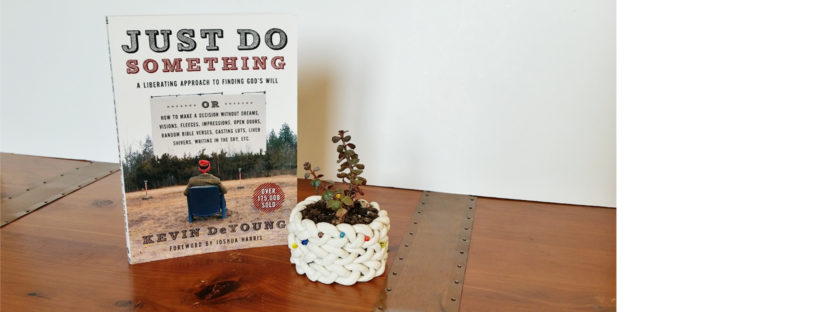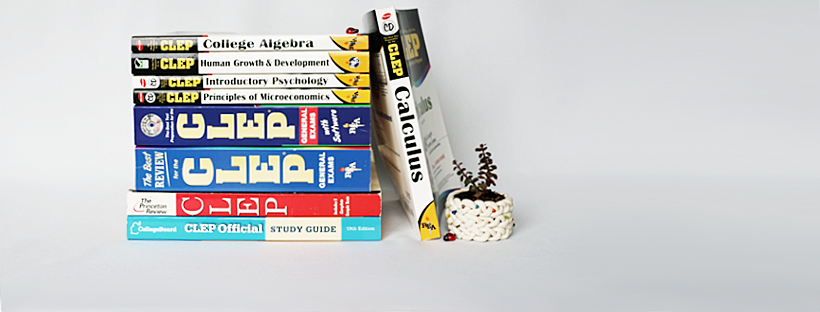I was browsing books on Amazon when I saw Just Do Something in the “Customers Who Bought This Item Also Bought” list. I clicked on it, read about it, and put the title on my reading list. A few months later after the to-read pile in my nightstand had shrunk, I ordered Just Do Something and began reading.
The nearly pocket-size (5 x 7 x 5/16″) and length (143 pages) of the book made it easy to hold and easy to start. A person could read the book in one or two sessions. (Christmas happened in the middle of my read-through, so it was around six sessions for me!)
Through Kevin DeYoung’s succinct language, I was able to instantly grasp the focus and intention of the book: help young people seize the day to serve God without the fear and indecision that immobilize many of us.
DeYoung reminds readers that God has instructed us to ask for wisdom to make the large and small decisions of life. He writes, “Wisdom is the difference between knowing a world-class biologist who can write your papers for you and studying under a world-class biologist so that you can write the kind of papers he would write. Too many of us want God to be the world-class scholar who will write our papers and live our lives for us, when God wants us to sit at His feet and read His Word so that we can live a life in the image of His Son.” (page 91-92)
The best part of reading this book was the dissipation of some of the anxiety and self-condemnation I feel. Decision-making invites me to be anxious—what if I make the wrong choice? What if I decide too quickly? Or, too slowly? What if I should have asked for more advice?
Self-condemnation creeps in when I make a decision, experience a perfect fail, and then feel I should have known enough to make a different decision. Of course, this is pride. It’s equivalent to saying, “I, with my mortal, finite mind, can be prefect if I try hard enough.” As a Christian, I reject this with the belief that only God is perfect and unerring. I make mistakes. This should not lead me to condemn myself, but instead to draw ever closer to God and to praise him for his awesome power to work in my life beyond what I am able.
DeYoung also encourages readers to take responsibility for our decisions. He shares the story of when he had to make the decision to leave his Iowa church and move to Michigan to take a senior pastor position. He could have told the people who were angry that he was leaving that “If it were up to me, I would stay here…but as I’ve prayed, it’s been very clear to me that this is what the Lord wants.” He explains that while this kind of speech would have defused some of the people’s anger, it would not have been clear that DeYoung had the decision and the responsibility for leaving. “It would have been wrong for me to use God’s will as a way to remove my personal responsibility in the decision.”
As emphasized in Boundaries, there is freedom in knowing what each of us is responsible for and what we have control over. God gives us a brain. We are to ask for wisdom and then use it to live boldly.
The essence of Just Do Something is to look at the big picture: stop nitpicking on the non-moral, non-ethical decisions; focus on the big goals: love, moral purity, faith, and things directly commanded in Scripture.
I recommend this book for an infusion of motivation for living the Christian life and as a reminder to walk in the freedom that comes from having God as number one in our lives.
![]()


